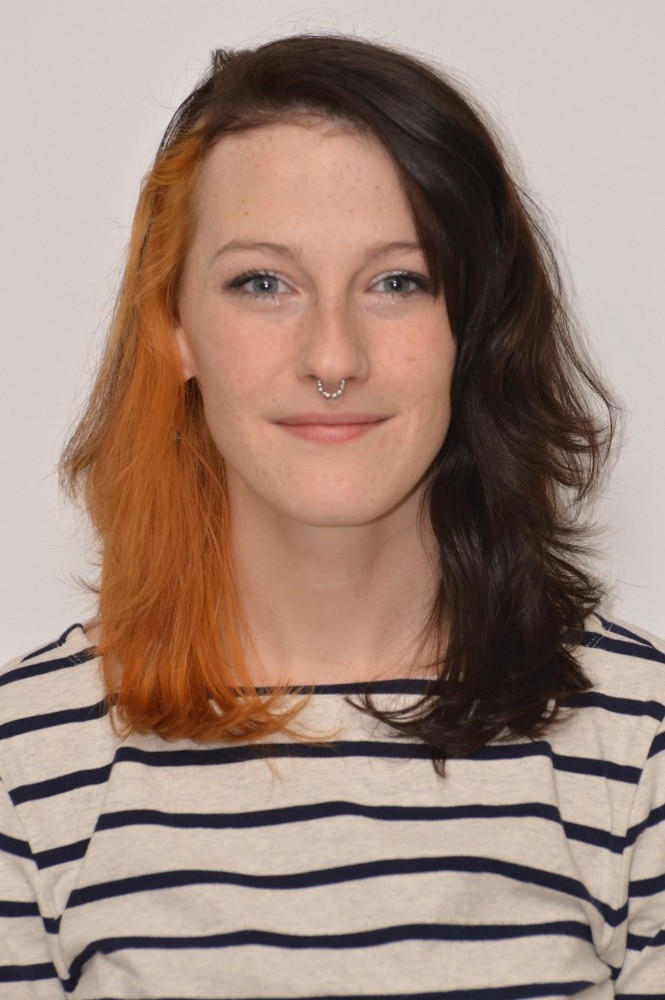
I wake up in the middle of the night, my screams echoing the darkness, cold sweats and soaked sheets. My body is paralyzed, and I can hear nothing but the pounding in the middle of my head.
I remember nothing but the last terrors on a loop, and my heart is beating faster and faster as my vision turns to white-noise and I float away.
These sensations were once a chaotic routine for me, because it felt like no one would ever understand my feelings and how badly I was burned.
Now I am so much stronger. I hold myself with pride, and I can say:
I am a survivor of systemic child sexual abuse and manipulation.
I was neglected by the public mental health system all of my life.
I have Dissociative Identity Disorder.
And I think it’s important to tell my story.
The road to recovering from my mental illness was far from easy, and it’s not because I didn’t seek out help. All through my life I was led to believe that there were a lot of resources, and I showed all the signs of needing them aside from threatening to harm myself or others.
I grew up in a small town between Kingston and Belleville, Ontario – where the only way you get help is if you’re forced to, you’re paying for it, or it’s already too late. I can’t tell you the amount of times I was at my wit’s end, waiting in the emergency room for someone to guide me, for someone to soothe the broken little girl and tell her that she didn’t deserve it.
I didn’t get that resolve until I started therapy, 10 years after I first needed it.
My first out-of-body experience was when I was 12 years old. I remember looking into a mirror with a dull lamp on and seeing my reflection – but everything I saw was out of place and terribly wrong.
I lay on my bed screaming for hours because I could hear the voices upstairs ringing through my forehead and my body escaping through my eyes.
I started asking for help when I was 14, demanding attention. By the time I told my grandmother that I had been abused I was 16, I had already been referred over 20 times to public mental health services by my family doctor, counselling services, clinics and the emergency room. All to no avail.
It wasn’t until I turned 21 years old that I had had enough of feeling defeated, worthless and anxious. Six months after I started therapy, I’ve found myself.
I’ve gained a sense of mindfulness and acceptance that had gone unprecedented in my life to this point.
Sadly cries for help like mine are often the ones that continue to ring out in silence.
In any given year, one in five Canadians experiences a mental health or addiction problem, says the website for Centre for Addiction and Mental Health.
Yet despite this, “almost a third of Canadians who seek mental health care report that their needs are unmet or partially met,” says Statistics Canada.
The conversation around mental illness is changing, but this is not the sole stigma attached to it. We have progressed so much in society that we recognize mental illness as a disease in need of treatment.
I am so greatly appreciative of the services that the college does offer, and it’s simply amazing to me that Algonquin’s commitment to openness and transparency carries through to talking about mental health.
Acknowledging this, we find concerns that are much greater than ourselves. How we’re changing the way we see an illness is one issue, but changing the way we treat it is everyone’s responsibility.
All of us can empathize with the feeling of not being good enough, but it shouldn’t stem from neglect. Everyone deserves to be loved and to feel love the right way.


